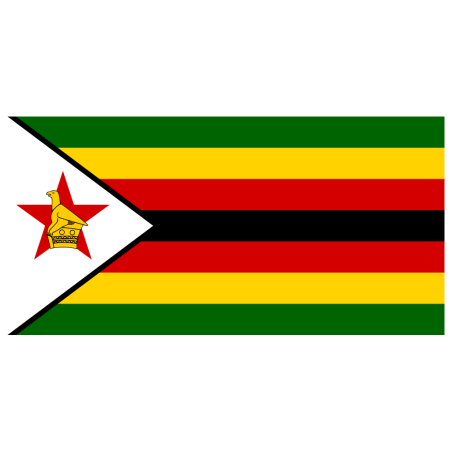Zim lags behind on mobile money

Zimbabwe has been singled out as one of the countries with lowest daily mobile money transaction limits in Africa, a development seen as hindering the growth of the mobile money sector and hampering financial inclusion.
An study by GSMA — the global industry organisation that represents the interests of more than 750 mobile network operators worldwide — revealed that Senegal has the highest mobile money daily transaction limit of US$5 320, closely followed by Kenya at US$3 000, the Democratic Republic of Congo at US$2 500 and Egypt at US$1 903.
According to the study, released in April 2020, mobile money daily limits in Rwanda are pegged at US$1 550 (FRW1 500 000) while Zambia transaction limits sit at US$1 000 (K20 000) per day.
Mozambique, which is fairly new to the mobile money sector, capped daily limits at US$693 and is encouraging the use of digital payment platforms, including mobile money, as a way of combating the spread of Covid-19.
The Reserve Bank of Zimbabwe recently imposed a $5 000 (about US$61) daily limit on all mobile money transactions, among several measures it imposed on the sector in what it says are efforts to curb currency instability which the central bank says was largely being fuelled by the activities of some mobile money agents.
The RBZ has since banned all mobile money agents.
But according to the GSMA study, the use of mobile money helps the smooth running of economies and the improvement of the lives of vulnerable people, particularly during the global Covid-19 pandemic.
“In these times of crisis and despite the disruption caused by public preventive measures, mobile money has proved to be an invaluable tool for fostering resilience by facilitating safe and efficient money transfer and payments services,” read part of the report.
“Workers are able to receive wages, the humanitarian sector is able to disburse humanitarian assistance, the agricultural sector keeps value chains open and users of off-grid solar services can ensure that their phones are fully charged,” the report said.
The GSMA also encouraged countries to follow the examples set by the governments of Ghana, Kenya, Zambia and Rwanda that have enhanced transaction limits.
The latest report comes as authorities in Zimbabwe have come under fire from various stakeholders, including farmers, the business sector, retailers and individuals, for implementing stringent and restrictive measures on the use of mobile money services.
SOURCE: THE STANDARD
 Africas leading resource for digital financial services
Africas leading resource for digital financial services


comments